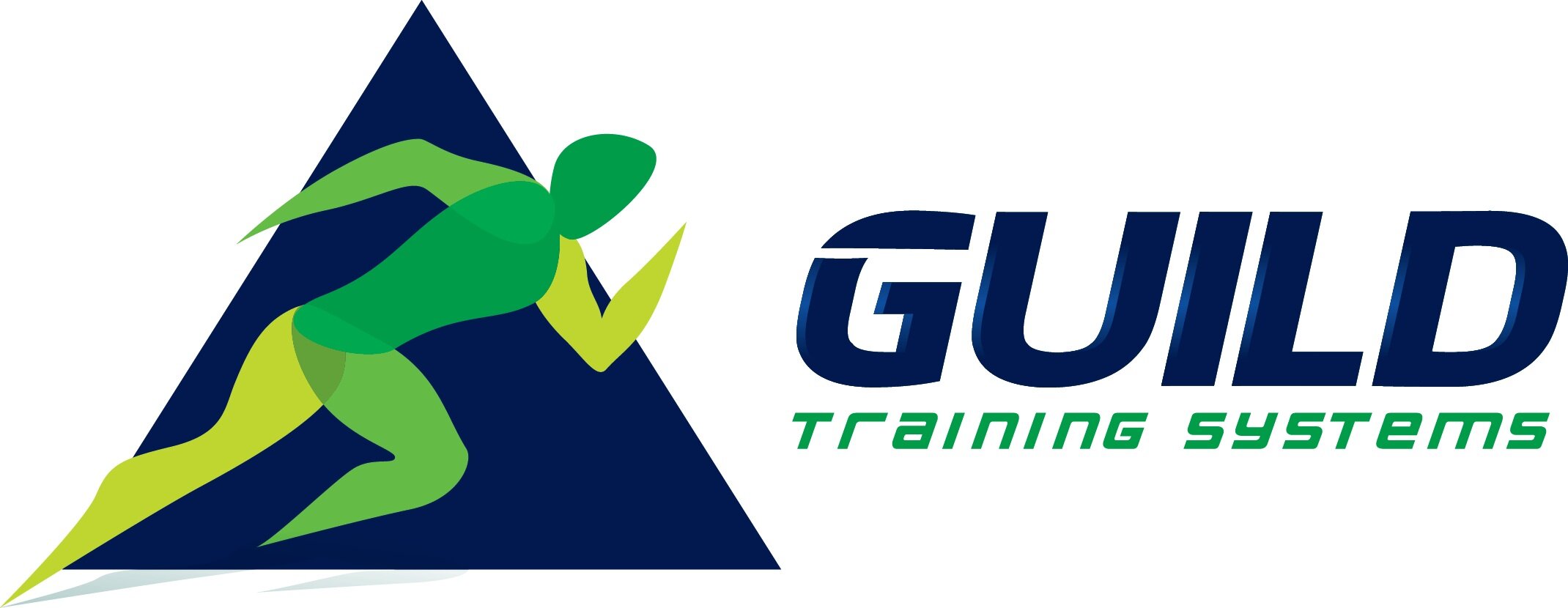Coaches, Are We Getting Any Better?
"Self praise is for losers. Be a winner, stand for something. Always have class and be humble."
John Madden
"Do your job!"
Bill Belichick
Professional sports have evolved over the years. With pressures like TV deals, ticket sales and increasing player and coach salaries, the role of the coach has changed substantially.
I recently lost my mentor, friend and favorite coach from childhood to a heart attack. His name was Wayne Courcy.
He helped me as a baseball pitcher growing up but also gave me one of my first jobs, taught me to drive stick on a beat up Dodge Durango and helped me with girl trouble as I grappled with the normal frustrations of life as a teenager.
Wayne embodied the foundation of coaching. Being available, listening first and providing resources to help me in my journey to becoming a young man.
Madden's initial quote reminds me of Wayne. The practice of humility and ensuring that we don't grow bigger than the game was a mainstay in my relationship with Wayne. He taught me how to show respect, earn respect and lead with humility and gratitude. Sports were Wayne's avenue to deliver his messages but he gave me just as many of these lessons outside of practice and game times.
Belichick's quote is arguably one of the most popular coaching quotes of the last twenty years. It was popularized by the New Orleans Saints as well but the message is clear. Players need to do what is expected of them to help the team win.
There is some nuance to these two quotes and I believe they paint a picture of some subtle differences between coaching today and coaching fifty years ago.
Today, with the pressure on professional sports and the amount of money that rides on every decision, the emphasis is on performance. While this was probably the case in the 1970's as well, today's era is marked with social media and the spread of information. Professional sports serve as an example for youth sports more than ever before. Kids see the day-to-day of a professional athlete and professional teams, so the emphasis on performance, winning and individual success is all the more prevalent in younger age groups.
Coaches have shorter career length these days than they did fifty years ago, with athletic departments, team owners and Booster Clubs running coaches out of town almost annually. Due to this added pressure, coaching is less about building individual relationships, developing life skills and supporting the maturation of young adults and more about success on the field, individual player success and sexy quotes that drive a coach's stock price up. Wayne never had to answer to my parents and never collected a paycheck from helping me develop as a young adult. Due to this, he was able to spend more time on what he found to be important.
There are more former players coaching at higher levels now, giving new perspective and a more supportive mentality from the coaching side. Most coaches these days know the feeling of their playing days and understand what an athlete goes through on a personal level. Because of this, coaches tend to be more patient and caring in our current times with individual personalities. This is far and away one of the most exciting aspects of our current coaching landscape.
The duties of the coach has changed over the past fifty years as well. Wayne served as a mentor, a friend, a role model and a father figure to me. With the amount of coaches that an athlete sees today, that role has been adjusted. Coaches still serve in the same roles, just with emphasis in different categories. On-field skill development serves as the primary role for coaches today, with less expectations surrounding mental, social and emotional intelligence development. Athletes have less one-on-one time with their coaches, as roster sizes continue to expand and playing careers shorten, leading to less "depth" within individual conversations.
The pressures being placed on coaches and athletes today are changing the relationship that is sacred to so many young adults. Without coaches serving as role models and mentors, young athletes have less influence from those surrounding them and more influence from people and images that they see online and from other athletes. While some of this is good, with focus being put on the athlete's success and more respect being given to young adults, the danger of creating a sporting landscape that emphasizes athletic success more than humility, respect and gratitude could create a negative environment for athletes to develop into impactful adults in the community.
As a young coach myself, I hope that we can continue to advance the coaching profession without losing sight of the athlete-coach relationship that defines the careers of so many over the years. My love and respect for Wayne was created not by his ability to help me become a better baseball player but his ability to help me develop into a better man. I'm excited to see the next generation of coaches continue this trend while making progress in the field of player development
